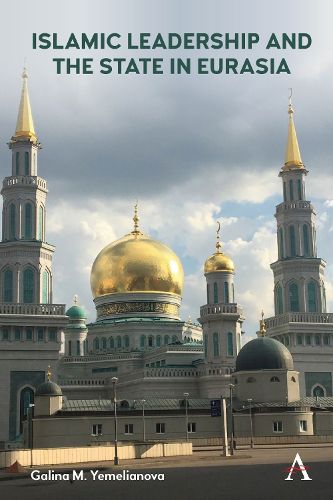Readings Newsletter
Become a Readings Member to make your shopping experience even easier.
Sign in or sign up for free!
You’re not far away from qualifying for FREE standard shipping within Australia
You’ve qualified for FREE standard shipping within Australia
The cart is loading…






The book presents the first integrated study of the relationship between official Islamic leadership (muftiship), non-official Islamic authorities, grassroots Muslim communities and the state in post-Communist Eurasia, encompassing Lithuania, Belarus, Ukraine, the Volga-Urals, Crimea, the North Caucasus, Azerbaijan and ex-Soviet Central Asia. It employs a history-based perspective and compares this relationship to that in both the Middle East and Western Europe. It argues that the nature and role of official Islamic leadership, as well as state-Muslim relations in most of the post-Soviet lands, have largely retained their particular national and broader Eurasian character, which distinguishes them from what prevails in the Middle East and Western Europe. At the same time, the increasing political ‘Europeanisation’ of Lithuania and Ukraine since 2014 and, to some extent, Belarus, has accounted for their divergence towards the Western model of state-Muslim relations.
$9.00 standard shipping within Australia
FREE standard shipping within Australia for orders over $100.00
Express & International shipping calculated at checkout
The book presents the first integrated study of the relationship between official Islamic leadership (muftiship), non-official Islamic authorities, grassroots Muslim communities and the state in post-Communist Eurasia, encompassing Lithuania, Belarus, Ukraine, the Volga-Urals, Crimea, the North Caucasus, Azerbaijan and ex-Soviet Central Asia. It employs a history-based perspective and compares this relationship to that in both the Middle East and Western Europe. It argues that the nature and role of official Islamic leadership, as well as state-Muslim relations in most of the post-Soviet lands, have largely retained their particular national and broader Eurasian character, which distinguishes them from what prevails in the Middle East and Western Europe. At the same time, the increasing political ‘Europeanisation’ of Lithuania and Ukraine since 2014 and, to some extent, Belarus, has accounted for their divergence towards the Western model of state-Muslim relations.